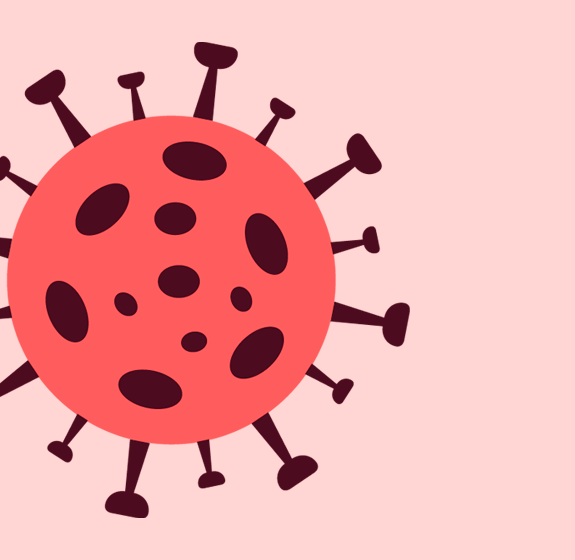
Meet the speakers
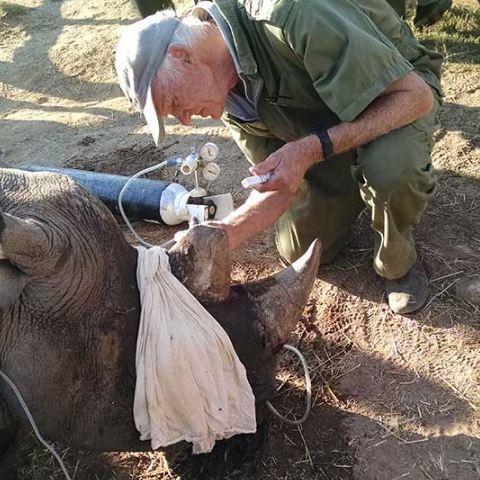
Dr. Chris Foggin
Wildlife Veterinarian, Victoria Falls Wildlife Trust
Dr. Chris Foggin has spent most of his professional life in the service of the Zimbabwean Government. Prior to the establishment of his Wildlife Unit within the Department of Veterinary Services (DVS), Dr. Foggin had been primarily involved in research within DVS on rabies epidemiology, and had also played a pioneering role in developing management practices for the intensive production of crocodiles and ostriches, in addition to undertaking emergency wildlife work on an irregular basis.
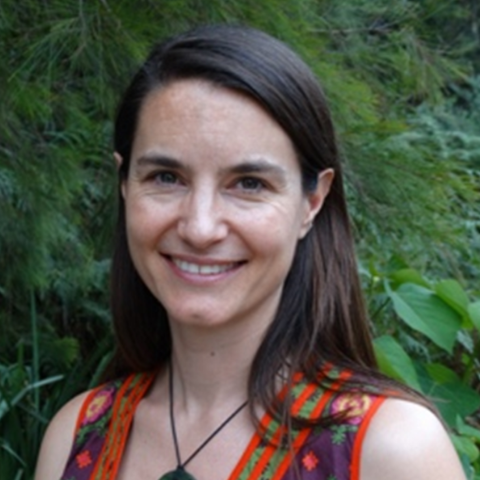
Dr. Tiggy Grillo
Co-Chair, IUCN SSC Wildlife Health Specialist Group
Chief Operating Officer and National Coordinator at Wildlife Health Australia (WHA)
Dr. Tiggy Grillo joined WHA in 2009. WHA coordinates Australia’s wildlife health surveillance system, which includes facilitating response to wildlife disease events through cross-jurisdictional multi-agency collaboration. She is also Australia’s World Organisation for Animal Health focal point for wildlife health and Co-Chair of the IUCN SSC Wildlife Health Specialist Group (IUCN WHSG). She is currently undertaking a part-time secondment with the World Organisation for Animal Health to support the Wildlife Health Framework. Dr. Grillo was the recipient of the Wildlife Diseases Association Australasian Section Barry Munday Award for her outstanding services to wildlife health in Australia.
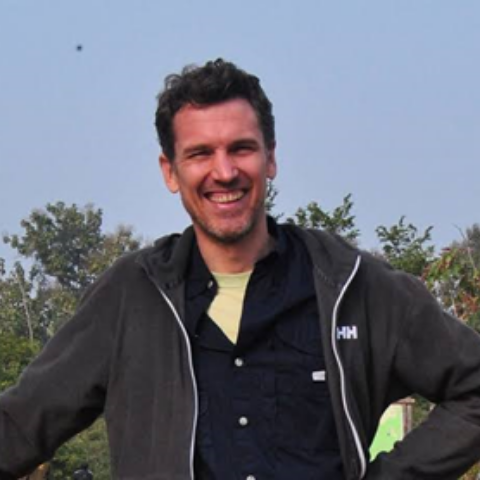
Dr. Mathew Linkie
Deputy Director, Wildlife Conservation Society (WCS) Indonesia Programme
Dr. Matthew Linkie has worked for WCS since 2015. He oversees a diverse set of projects structured under the following five thematic programme: Forests, Marine, Wildlife Trade and Policy, One Health and Rights and Communities, which are underpinned by the crossing cutting units of Science and Technology, and Communications. He completed his PhD in Biodiversity Management (2000-2004) on Sumatran tiger conservation at the Durrell Institute of Conservation and Ecology (DICE), where he is an Honorary Research Fellow. His interests remain rooted in large mammal conservation and protected area management, particularly monitoring and evaluating project interventions, as well as building the conservation capacity of young scientists. Since 2015, he has been the IUCN Wild Pig Specialist Group’s Asia Coordinator and, most recently, supported the development of an IUCN, FAO, OIE Joint Communique on African Swine Fever.
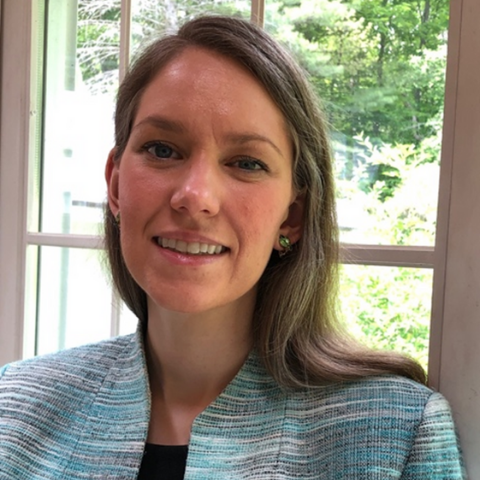
Dr. Catherine Machalaba
Member of the IUCN SSC Wildlife Health Specialist Group
Principal Scientist for Health and Policy, EcoHealth Alliance
Dr. Catherine Machalaba’s research examines the links between the health of humans, animals, and the environment. She served as Programme Officer for the International Union for the Conservation of Nature (IUCN) Species Survival Commission’s Wildlife Health Specialist Group for 10 years and works with several IUCN Commissions. She was a lead author of the World Bank Operational Framework for Strengthening Human, Animal and Environmental Public Health Systems at their Interface (“One Health Operational Framework”) published in 2018 to assist countries and donor institutions in implementing One Health approaches. Catherine is also a member of the One Health High-Level Expert Panel, which provides an advisory role to the FAO, OIE, UNEP, and WHO. She holds a Masters degree in public health and a PhD in environmental and planetary health sciences.
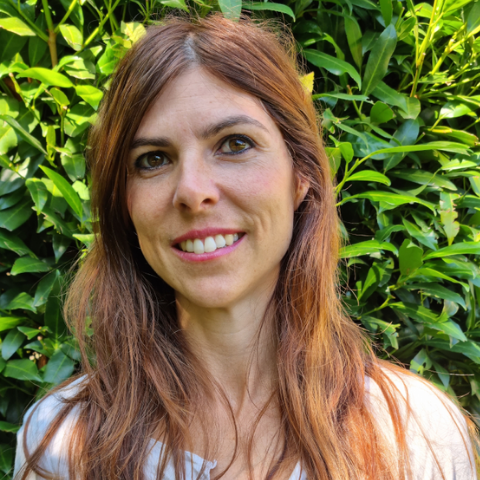
Ana Nieto
Head, Species Conservation Action Team, International Union for Conservation of Nature (IUCN)
Ana Nieto has programme, project management, and managerial skills acquired during her more than eighteen years of professional experience working for international non-for profit organisations. At IUCN, Ana leads the Species Conservation Action Team, being responsible for the overall management of the two IUCN species grant-making facilities, IUCN Save Our Species and the Integrated Tiger Habitat Conservation Programme. Previously, Ana worked at the IUCN Regional Office for Europe, ECNC-European Centre for Nature Conservation (the Netherlands), EUCC–The Coastal Union and did some consultancy work for the European Environment Agency,). Ana holds a Master Degree in Environmental Science/Environmental Management.
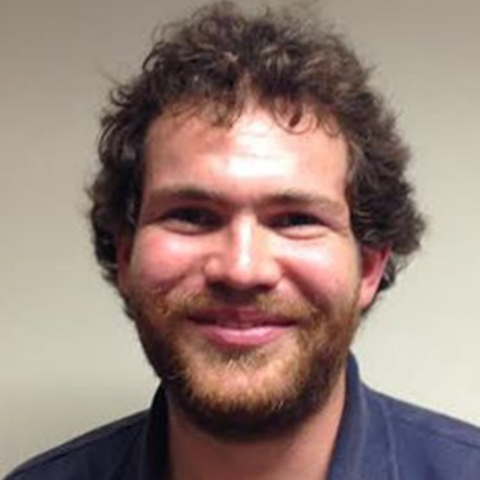
Dr. Stuart Patterson
Member of the IUCN SSC Wildlife Health Specialist Group
Associate Dean for Postgraduate Teaching and Learning, Royal Veterinary College, University of London
Dr. Stuart Patterson is a lecturer in wild animal health, and is the current leader for the BSc/MSci Biological Sciences (Wildlife Health Sciences) at the Royal Veterinary College, University of London. He is also the tracking rotation leader for final year veterinary students’ zoo tracking programme. His main interests are in the relevance of disease processes to conservation, and how this changes as existing populations become more fragmented.
As Associate Dean for Postgraduate Teaching and Learning, Stuart has responsibility for overseeing taught masters programmes as well as a postgraduate clinical training programmes.
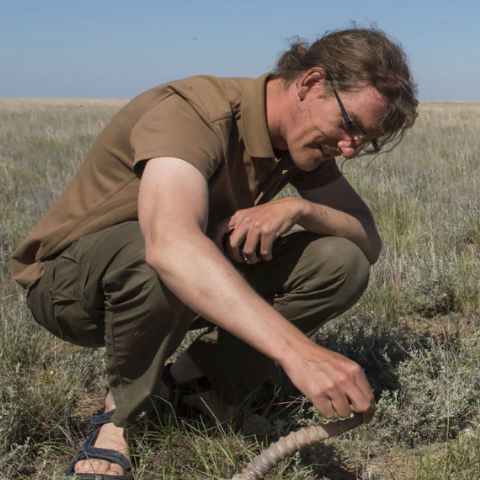
Steffen Zuther
Research fellow
Frankfurt Zoological Society/Association for the Conservation of Biodiversity of Kazakhstan
Since 2007, Steffen Zuther has been working for the Altyn Dala Conservation Initiative in Kazakhstan, a large-scale and long-term steppe ecosystem conservation initiative, based at the Association for the Conservation of Biodiversity of Kazakhstan (ACBK). The saiga antelope is one of the key species of this initiative and of Steffen’s work. While conservation efforts successfully increased the saiga’s population size, in 2015 he witnessed the death of more than 200’000 saiga individuals, at the time the largest population in Central Kazakhstan. After this event, disease-related issues have taken an even more prominent role in Steffen’s work. Along with international and national wildlife health experts, Steffen was part of the investigation of this mass mortality event, and coordinated the development of Standard Operating Procedures for disease outbreaks in saiga and other wildlife.
